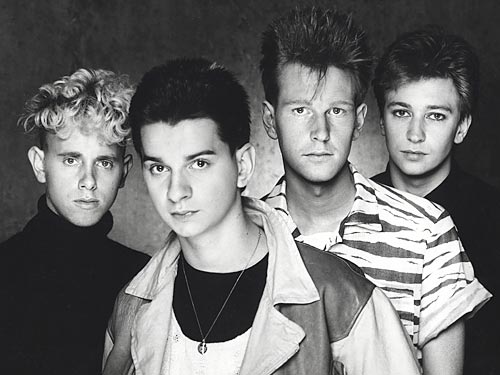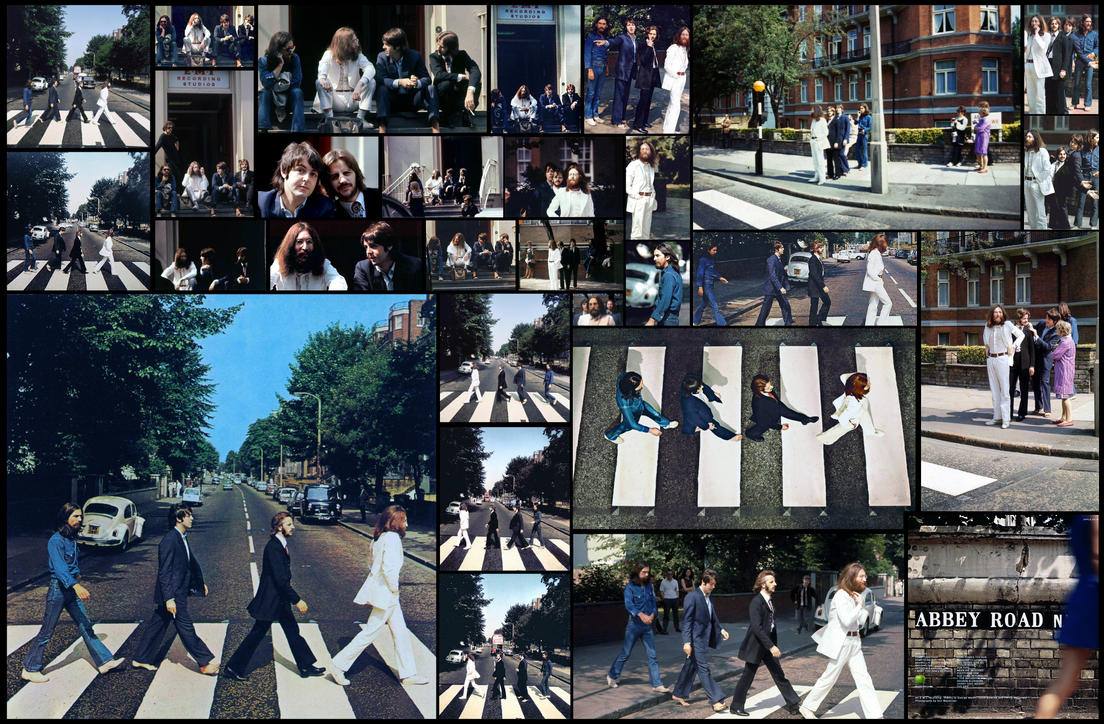
Blood, Sweat & Tears reformed and found a directing sign on the straight and narrow highway and made us so very happy with their self-titled sophomore smash. Despite the critical acclaim of their debut 'Child is Father to the Man', the album sales were a disappointment. Tensions between members of the band over creative control came to a head as they tried to work out a solution with founding member and bandleader Al Kooper leaving the band, as well as Randy Brecker and Jerry Weiss.
Lew Soloff, Chuck Winfield, and Jerry Hyman joined the band and David Clayton-Thomas (David Henry Thomsett) was brought in to replace Kooper as lead singer. Clayton-Thomas looks back: "You can't have nine superstars in one group. Mick and Keith, sure. John and Paul, fine. But not nine. They got rid of Kooper before I came and Katz always made sure I knew that he was the boss and I was his employee, even though I was making ten times the money he was ... I came in at Bobby Colomby's invitation and for the first few years, he was the boss, he ran the band. He’s a very successful and wealthy man, you can pretty must trust what he says, he has no axe to grind. Al had made a career out of being the creator of BS&T and it’s annoying for some of us who have been in BS&T to answer Al Kooper questions, who was only around for one album really. I don’t know Al Kooper, I think I bumped into him in a restaurant one-time. But from my perspective, this was Bobby Colomby's band, and it always was and to some degree it still is. Bobby was the only one who had the pure jazz background and the musicality to organize it. He had the vision. I'm not putting Al down, in fact I admire his work, especially the Lynyrd Skynyrd record that he produced, which is one of the best southern-rock albums of all time. I just know when I came into the band it was Colomby's, he was the driving force...I sort of gravitated towards the guys who were doing the jazz and rock thing because I had started doing that while still in Canada, and it was a natural fit. I was heading in that direction anyway...We played 2-3 nights a week [at the Café Au Go Go] , and developed the whole new show, like 'Smiling Phases' and 'God Bless The Child', 'You’ve made me so very happy'. I brought in 'Spinning Wheel', which I’d recorded once in Canada, I brought it down and we did it. When Jimmy Guercio was brought in, we basically took our set into the studio with us. I have to say, I'm grateful to Al for 'You've Made Me So Very Happy'. He picked it out to sing and left it behind. The chart was already written for it and I liked the tune, and that was Al’s present to me."
'Blood, Sweat & Tears' was recorded at a 16-track recording facility at CBS Studios in New York City with David Clayton-Thomas on lead vocals; Lew Soloff and Chuck Winfield on trumpet and flugelhorn; Bobby Colomby on drums, percussion, and vocals; Jim Fielder on bass; Dick Halligan on organ, piano, flute, trombone, and vocals; Steve Katz on guitar, harmonica, vocals, and lead vocals on "Sometimes In Winter"; Fred Lipsius on alto saxophone and piano; and Jerry Hyman on trombone and recorder. James William Guercio produced the sessions with engineers Fred Catero, Roy Halee, and Robert Honablue. Arrangements were done by Dick Halligan, Fred Lipsius, and Al Kooper.
The heady mix of classical, jazz, and rock was made more commercial with the interplay of brassy horns and the powerhouse voice of their new lead singer. It struck a chord with the buying public and the album was a pop sensation, going to the top of the US and Canadian album charts several different times in 1969. In the US alone it sold over four million copies and had three singles peak at number two on the pop chart. 'Blood, Sweat & Tears' went on to win the Grammy Award for Album of the Year.
Katz says: "The first album initially did not do well, so Kooper talked about leaving. Bobby and myself knew we could never be a commercial success with Al’s singing, so it worked out well. If Al continued in the band, we would only have wound up as a footnote in rock history. It was because of the second album that the first received acclaim and, eventually, sales ... When we put out the second album. It had reached sixteen in Cash Box and when I called to find out the next week’s chart position, the secretary there said she couldn’t find it so I thought the album dropped off the charts. She called me back to say that she hadn’t thought of looking at the number one spot and there we were. Very few things in this life feel that good."
http://www.bloodsweatandtears.com/
"Spinning Wheel" went to number two on the US pop chart and number one on the easy listening chart. The song was nominated for three Grammys including Song of Year, winning for Best Instrumental Arrangement.
https://www.youtube.com/watch?v=kK62tfoCmuQ
"You've Made Me So Very Happy" hit number thirty-two in the UK and number two in the US.
https://www.youtube.com/watch?v=mpwXasI2IL4
"And When I Die" also went to number two on the US pop chart.
"God Bless the Child"
https://www.youtube.com/watch?v=04rClGsbWp4
'Blood, Sweat & Tears'
full album:
https://myspace.com/bloodsweatandtears/music/album/blood-sweat-tears-8096022
Side 1
"Variations on a Theme By Erik Satie" (1st and 2nd Movements) – 2:35
Adapted from "Trois Gymnopédies"; arr. by Dick Halligan
"Smiling Phases" (Steve Winwood, Jim Capaldi, Chris Wood) – 5:11
"Sometimes in Winter" (Steve Katz) – 3:09
"More and More" (Vee Pee Smith, Don Juan) – 3:04
"And When I Die" (Laura Nyro) – 4:06
"God Bless the Child" (Billie Holiday, Arthur Herzog Jr.)– 5:55
Side 2
"Spinning Wheel" (David Clayton-Thomas) – 4:08
"You've Made Me So Very Happy" (Berry Gordy Jr., Brenda Holloway, Patrice Holloway, Frank Wilson) – 4:19
"Blues – Part II" (Blood, Sweat & Tears) – 11:44
Interpolating "Sunshine of Your Love" (Jack Bruce, Pete Brown, Eric Clapton) and "Spoonful" (Willie Dixon)
"Variations on a Theme By Erik Satie" (1st Movement) – 1:49






%2BAbbey%2BRoad%2B(Apple%2C%2B1969).jpg)


